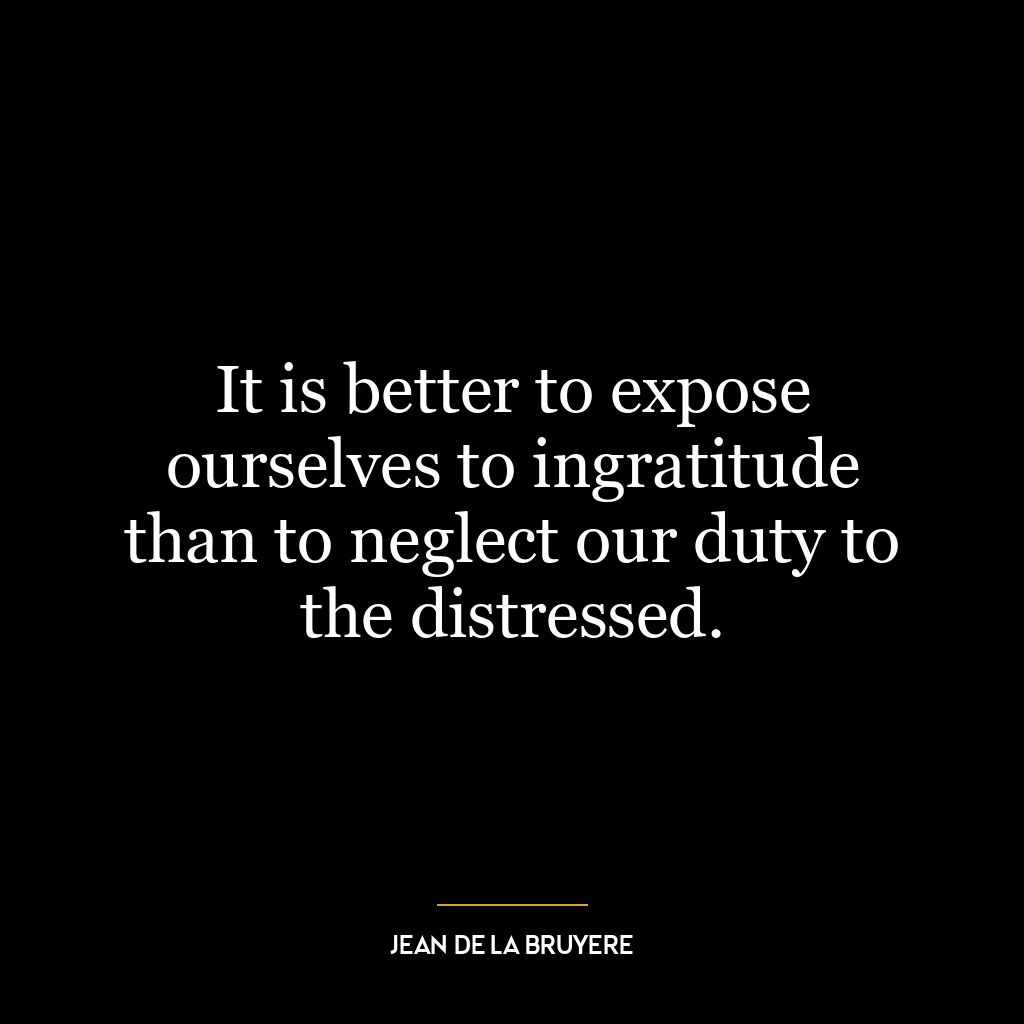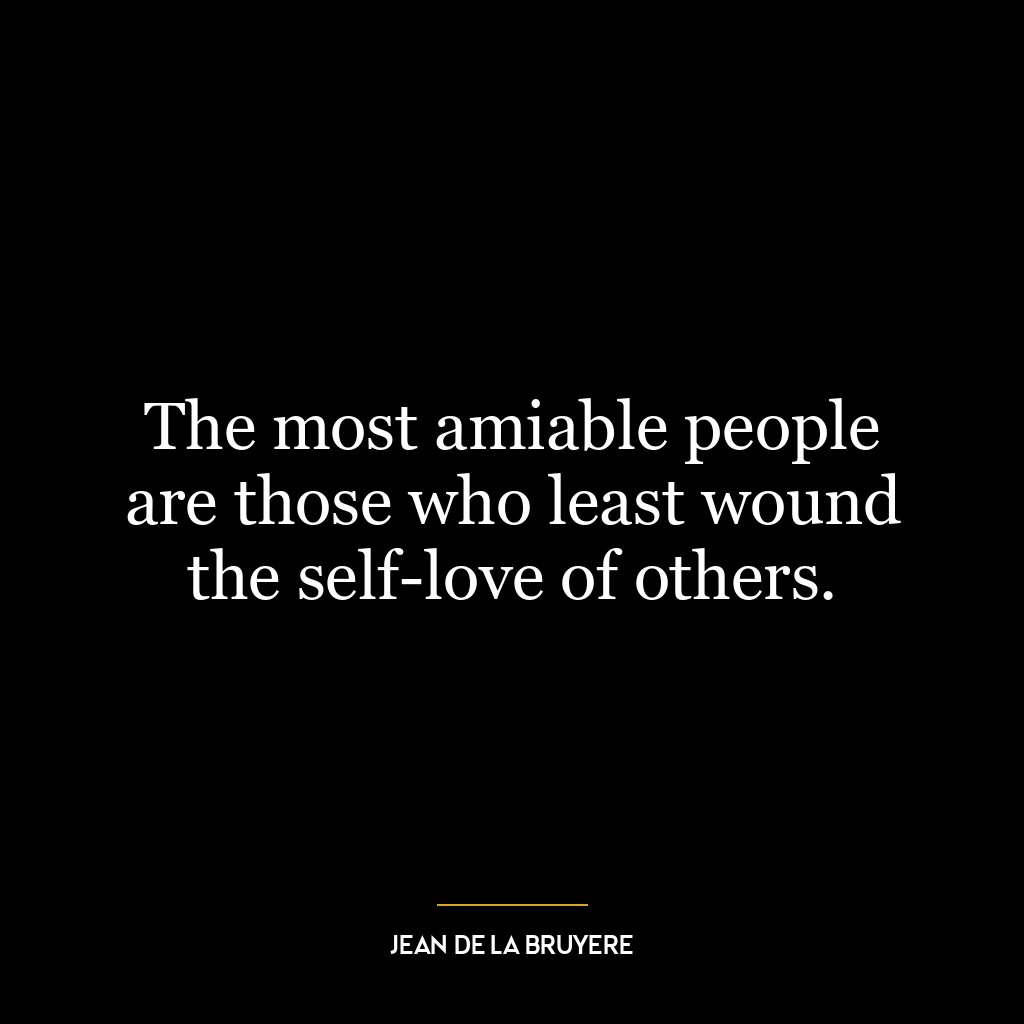Never do to others what you would not like them to do to you.
“Never do to others what you would not like them to do to you” is a powerful principle that encourages empathy and respect towards others. It is a call for individuals to place themselves in the shoes of others before taking any action or making any decision that could impact them. Essentially, it’s about treating others the way we want to be treated.
This quote is a cornerstone of ethical behavior and is often referred to as the “Golden Rule”. It promotes the idea that if we do not want to experience pain, suffering, disrespect, or any form of negative treatment, we should not inflict these things upon others. This principle encourages us to consider the potential consequences of our actions on others and promotes a more harmonious and considerate society.
Applying this principle in today’s world could lead to significant positive changes. For example, in the realm of social media, where cyberbullying and online harassment are prevalent, adhering to this rule could drastically reduce these issues. If individuals would not like to receive hateful or hurtful comments, they should refrain from posting them about others.
In personal development, this principle can guide us to become more compassionate and understanding. It can help us to develop stronger relationships, both professionally and personally, as we treat others with the same respect and kindness we wish to receive. It encourages us to think before we act, fostering emotional intelligence and improving our interpersonal skills.
Moreover, in the larger societal context, if governments and corporations adopted this principle, it could lead to more ethical policies and practices. For instance, if a corporation wouldn’t want its own data to be misused, it should handle its customers’ data with the same level of respect.
In conclusion, this principle serves as a simple yet profound guideline for ethical behavior, promoting empathy, respect, and consideration for others. Whether in our personal lives, in our online interactions, or in the wider world, adhering to this rule can lead to more harmonious and ethical outcomes.








